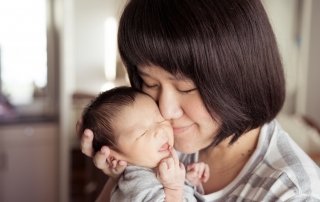ECT and Pregnancy
Electroconvulsive therapy (ECT) is one of the most effective treatments for depression, with response rates that are consistently higher than those observed in clinical trials of antidepressants. Furthermore, ECT may be more effective than medications for treatment-refractory depression. The American Psychiatric Association (APA) recommends ECT for patients who have had previous positive response to ECT or who are non-responsive to pharmacological treatments, as well as for those patients who experience severe psychiatric symptoms, including depression with psychosis. suicidal ideation, and mania.








